Category Archives: Expert Systems
07 Dec Probability of Understanding Meaning

Some suggest that computers can achieve full language understanding capabilities using statistical models. Others argue that heuristics or programmatic interpretation that uses special procedures tailored to linguistic phenomena. The two camps are as far apart as ever. Consider the comments around this recent article on Tor.com. On the one side, Norvig demonstrates the validity […]
03 Dec Language Expressiveness

Expressiveness Human languages are eloquent vehicles for giving form to the motion of the human mind. They provide symbol-rich expressions for our thoughts and communications. Language is dynamic and defies circumscription. Yet, it is circumspect; it is also useful and extremely beautiful. To comprehend is to begin to capture that beauty. The expressiveness of language […]
12 Nov Context Powers Backward Chaining Logic
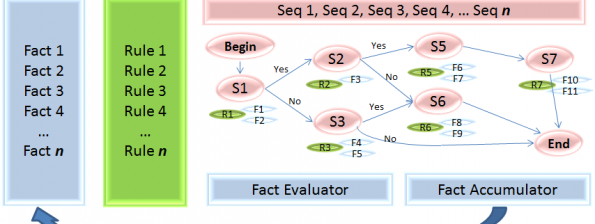
A popular success strategies book suggests that if we “Begin with the End in Mind” we are likely to get where we’re going more consistently. We wander less if we think about what we want at the end from the very first steps of our journeys. Context helps us do that. Human behaviorists and philosophers have […]
18 Sep Context is King Indeed
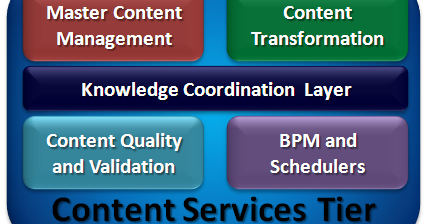
There are many important innovations adding context to business processes and data to make information access, collaboration and analysis more effective. I just read another great perspective on context in collaboration showing how taxonomies add value to teams of knowledge workers. Adding context is especially needed in moving toward the knowledge enterprise. I contend that […]
07 Sep Quest for the Knowledge Enterprise
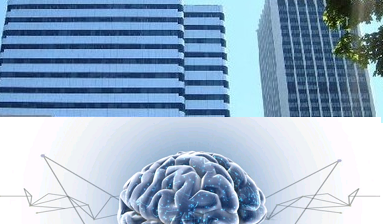
Do you need a Private Eye? As an Intelligence Professional, my mission was to seek out information that others were trying to conceal. Do you ever feel like that is too often your task when trying to find the answers to life’s persistent questions, or even something you need to buy? In an enterprise, those answers […]
17 Aug Stimuli
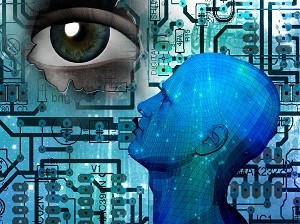
Responses to Stimuli When we speak of computational systems, we use words like “input” and “output” and “program“. When computers become able to communicate, understand and process knowledge in context, will we use different words: words that are more anthropomorphic? I’ve been playing with anthropomorphic concepts with MIPUS. In today’s post I will draw us […]
13 Aug MIPUS the Robot Assistant

MIPUS Graphical Study Aid I’d like to introduce you to a friend of mine: His name is MIPUS. The main intent of the Understanding Context blog is to investigate mechanical models of cognition. What do robots have to do with language understanding (my main focus), you may ask. As you can see in the illustration, […]
28 Jul The Democratization of Knowledge

Joe Roushar – July 2012 Knowledge is Power Knowledge is concentrated in too few people (Boyle 1996). People in privileged countries and classes have all they want. Many others don’t know what they don’t know. A huge project called One Laptop Per Child is seeking to remedy this one child at a time. This is one […]
21 Jun The Coming Revolution

Another Revolution in Computing – Knowledge Processing Where cognition and computation converge…the brink of the coming revolution? As James Bailey puts it, “The reason today’s electronic computers seem benign is that the true electronic revolution has not happened yet.” Bailey compares our current phase of computerization to the stage of history “when muscle tasks were […]
11 Jun Dawn of The Age of Knowledge
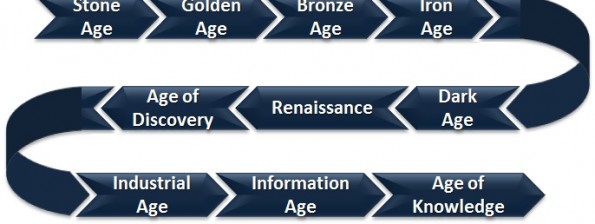
Sunset in The Information Age We stand in the waning days of the Information Age. Certainly the information already available to the searching mind through printed, recorded, and encoded electronic media spans the universe of fact and imagination. I have been told that we are now entering the Age of Context. This is exciting to […]




